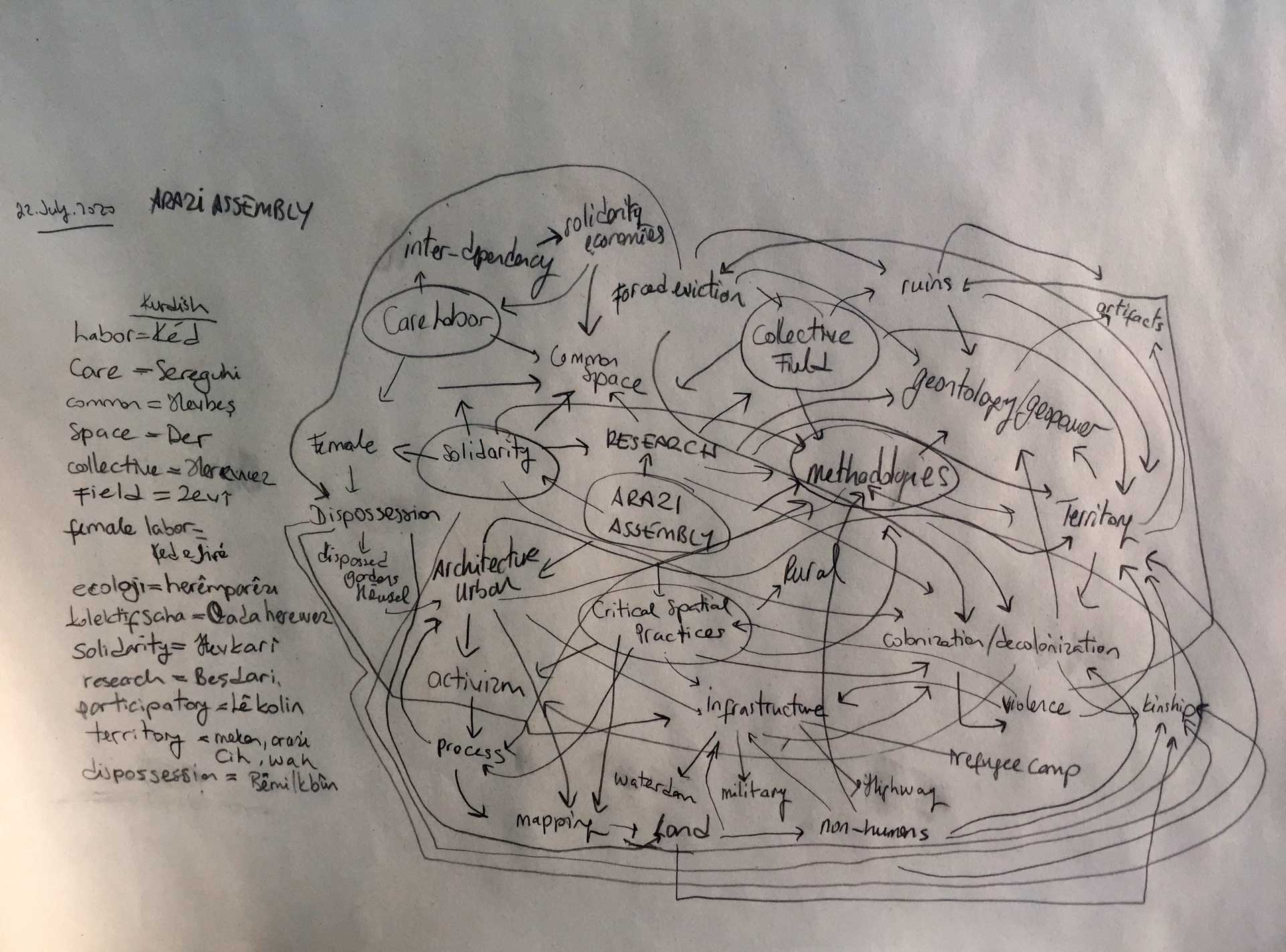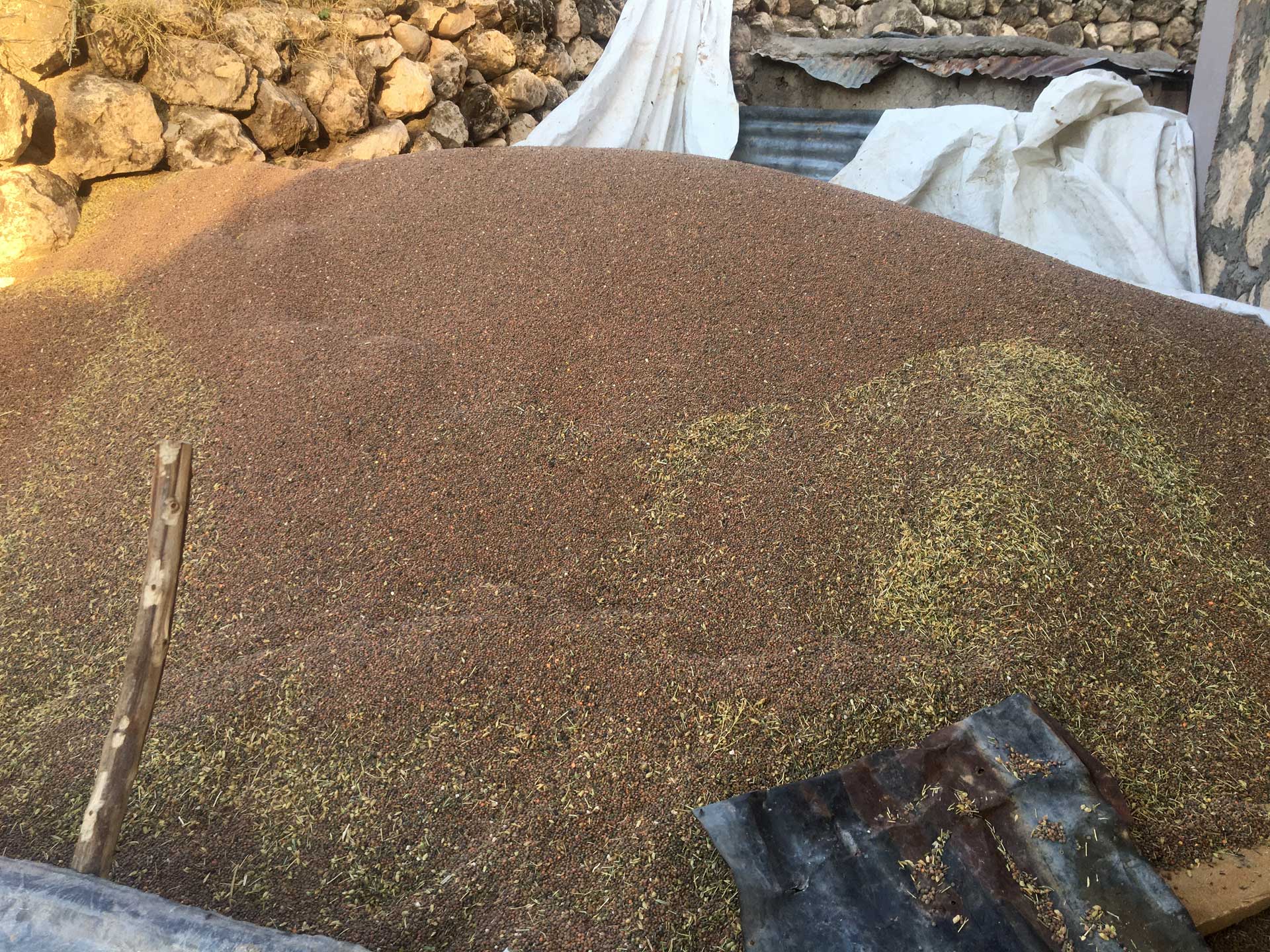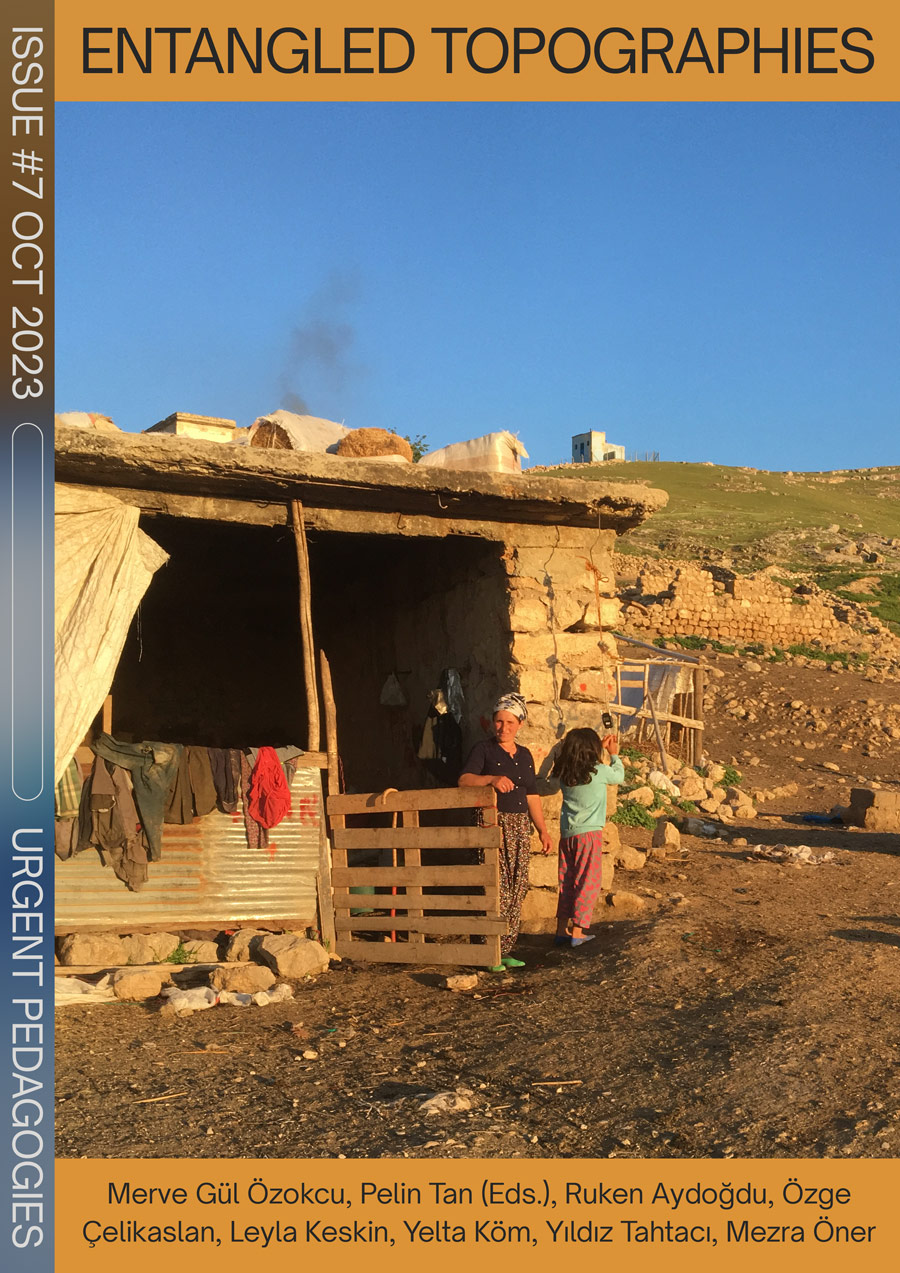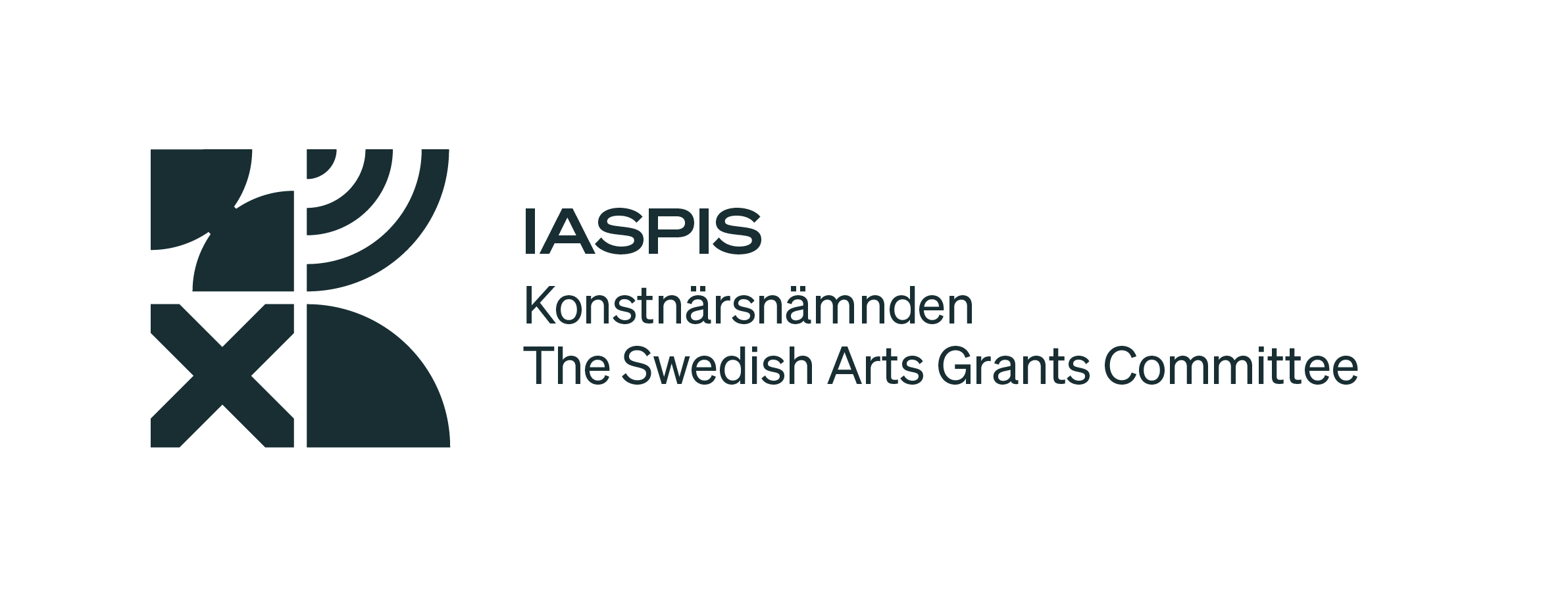When stone speaks
Pelin Tan
CATEGORY
“As an oppressed minority community, Ezidis left their villages due to the political conflict in the 1990s, especially to Germany as migrant workers.”
Ezidi communities in the region of Raman and Midyat-Mardin are mostly based in European countries. As an oppressed minority community, Ezidis left their villages due to the political conflict in the 1990s, especially to Germany as migrant workers. Most villages are empty and they are often visited by the inhabitants in order to protect their lands, properties and sacred places (“Ziyaret”). Çînerîya Village is an Ezidi village in a Raman mountain bordering Hasankeyf and the Tigris River. The “Ziyaret” (the sacred place), are main sacred places where stone installations have specific cosmologies. The animism of many rituals connected to the topography and ecology of this village create tangible and intangible heritages. As the inhabitants of the village are living in Germany most of the year, they allow shepherds to inhabit their village for herding their animals. The shepherds are from the Zaza community (a minority of Kurds) from Bitlis, who are migrating to this region and staying almost half a year in this almost empty village. Female shepherds are active in all labouring during the seasons.

Map of actions and concepts, by Pelin Tan

Wheat. Photo: Pelin Tan
When Stone Speaks is part of Urgent Pedagogies Issue#7: Entangled Topographies
is the 6th recipient of the Keith Haring Art and Activism and a Fellow of Bard College of the Human Rights Program and Center for Curatorial Studies, NY, 2019-2020. She is a sociologist/art historian/film director based in Mardin and is currently a Professor in the Fine Arts Faculty of Batman University, Turkey. Pelin Tan is a Senior Fellow of the Center for Arts, Design and Social Research, Boston; and a researcher on Space and Anthropocene at the Architecture Faculty, University of Thessaly, Volos (2021-2026). She is a lead author of the Urban Society report edited by Saskia Sassen & Edgar Pieterse (Cambridge Univ.Press, 2018). Along with Anton Vidokle, Tan got the Sharjah Film Platform grant for their current short film “Gılgamesh: Who Saw the Deep” (2022).

